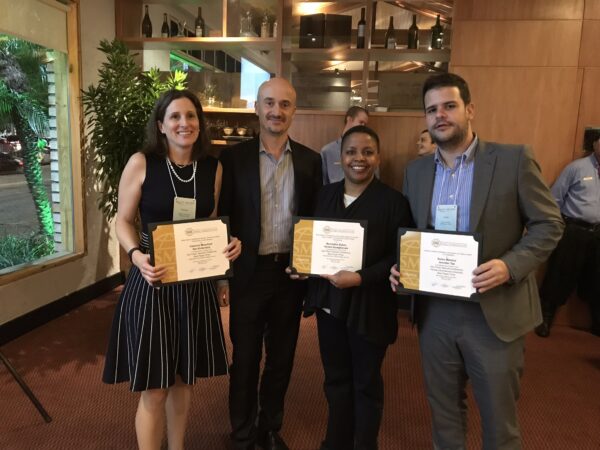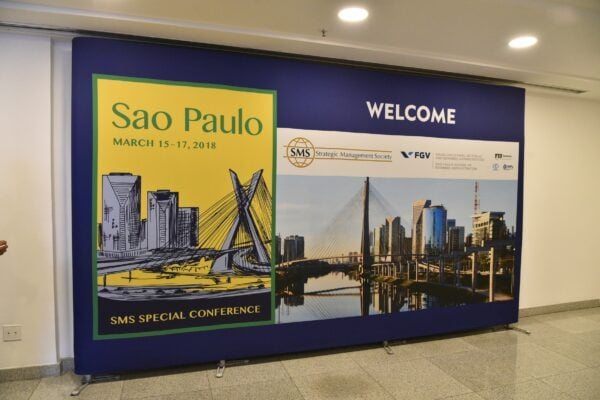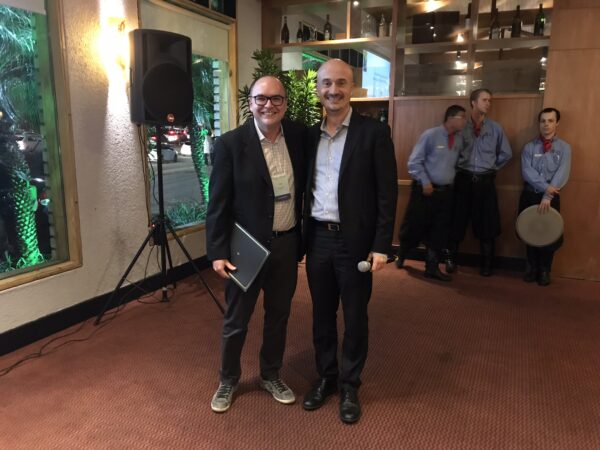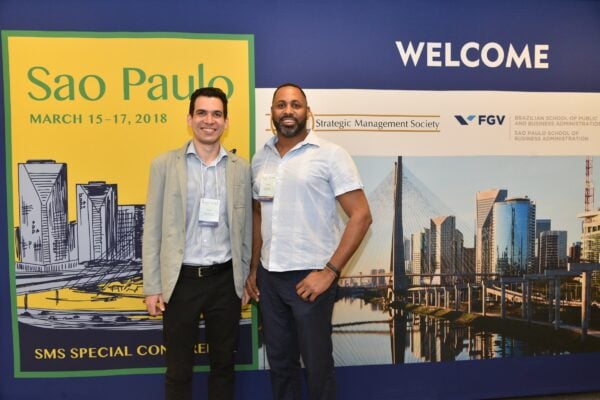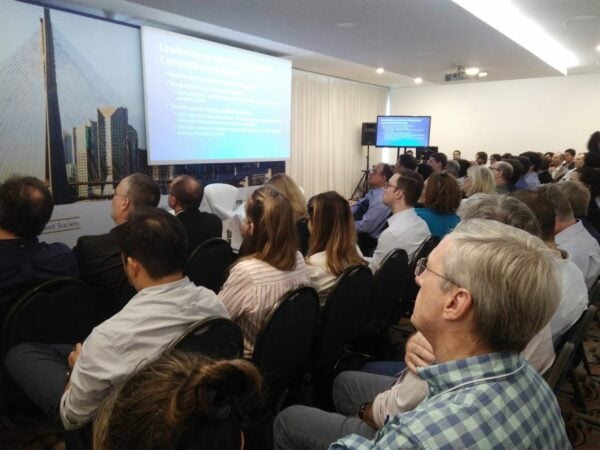Strategizing New Growth Avenues in an Evolving Global Context
Over the past few decades strategy scholars have made great strides in explaining firm growth. Some scholars have underlined the role of innovations as vital drivers of firm growth. Others have highlighted, instead, the influences stemming from the resources that firms possess and the processes through which they accumulate and redeploy resources. Research on global strategies has advanced our understanding of the challenges and opportunities that firms face when expanding across national borders. Yet, despite the rich body of knowledge about firm growth resulting from these various perspectives, several contemporary developments suggest the need to revisit current thinking and point to fruitful opportunities to expand the research frontier on this important issue. Recent developments in a variety of industries hold the promise of opening new growth avenues for companies. Harnessing this technological potential may require companies to rethink their competitive and cooperative strategies. The conference will feature sessions with distinguished scholars, business leaders and public policymakers to advance conversations about the need to rethink firm growth and strategize new growth avenues in the face of the evolving global context.
CALL FOR
PROPOSALS
Over the past few decades, strategy scholars have made great strides in explaining firm growth. Some scholars have underlined the role of innovations as vital drivers of firm growth. Others have highlighted, instead, the influences stemming from the resources that firms possess and the processes through which they accumulate and redeploy resources. Another area of emphasis refers to corporate strategies as vehicles for growth and the use of alliances and acquisitions as specific firm growth modes. Research on global strategies has advanced our understanding of the challenges and opportunities that firms face when expanding across national borders.
Yet, despite the rich body of knowledge about firm growth resulting from these various perspectives, several contemporary developments suggest the need to revisit current thinking and point to fruitful opportunities to expand the research frontier on this important issue. For instance, although innovations have helped firms such as Apple, Facebook, and Google achieve explosive growth rates and attain record-breaking market valuations, preserving an organizational culture conducive to innovation and sustained growth remains a crucial strategic challenge. Some companies such as Uber and Airbnb benefited from the digital transformation that took place in the past two decades and attained impressive growth rates through the introduction of disruptive business models. Recent developments in areas such as advanced robotics, nanotechnology, additive manufacturing, synthetic biology, big data analytics, virtual reality, artificial intelligence, and internet of things hold the promise of opening new growth avenues for companies in a variety of industries. Harnessing this technological potential, however, may require companies, especially those competing in complex innovation ecosystems, to rethink their competitive and cooperative strategies. Firm growth in such cases presupposes an orchestration involving several parties and the striking of a balance between competing interests and collaboration incentives.
Further, economic indicators suggest that several developed economies show signs that their growth engines are losing steam, thus spurring debate about how public policies can accelerate economic growth. A related development is a shift in several developed economies away from global trade toward sharper focus on fostering economic growth within their respective national borders. This, in turn, presents several challenges for companies whose activities span several countries as they need to redesign their strategies taking into account this evolving global context. Also, the debate about the extent to which economic growth can be leveraged to decrease social inequalities within and across countries has gained traction in several corners of the globe. This debate raises interesting questions about the role of private firms, public-private partnerships, and social entrepreneurship in promoting inclusive growth.
The considerations outlined above set the stage for the conference, which is an opportunity for strategy scholars to take stock of current thinking about firm growth and to engage in renewed research conversations about the topic. The venue of the conference, Sao Paulo, Brazil, is the largest economic and industrial hub in the Southern Hemisphere, the largest business center in Latin America, and second only to New York in terms of offices of multinational companies. As such, this location offers scholars attending the conference a great opportunity to interact with Latin American scholars, business leaders and consultants, and learn more about the unique opportunities and challenges facing local companies and international companies with activities in the region. In addition, Sao Paulo stands out for its dynamic culture and cosmopolitan flair.
The conference will feature sessions with distinguished scholars, business leaders and public policymakers to advance conversations about the need to rethink firm growth and strategize new growth avenues in the face of the evolving global context. The conference co-chairs welcome submissions that address the main theme of the conference. Also, along with track chairs, the program co-chairs invite submissions that provide theoretical, empirical, or managerial insights about the topics organized around the five tracks outlined below, which inform the overall theme of the conference.
CONFERENCE SPONSORS



